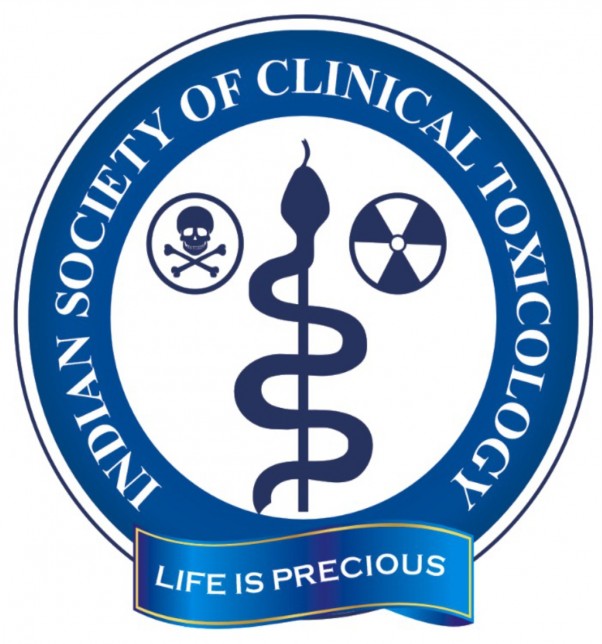
Get In Touch With Us
-
Institute of Emergency Medicine,
Meenakshi Mission Hospital & Research Centre
Lake Area, Melur Road,
Madurai - 625107.
Tamilnadu, India. - +91 9944384994
- +91 99946 34444
- [email protected]
- [email protected]

The Indian Society of Clinical Toxicology (ISCT) has been a pivotal force in addressing the growing concern of poisonings and toxic exposures in India. Founded with the mission to enhance clinical toxicology services across the country, ISCT has consistently provided invaluable support to healthcare professionals and the general public.
One of the society's most significant contributions is the development of comprehensive guidelines, consensus statements, and treatment protocols for clinicians. Poisonings, whether accidental or intentional, pose a serious public health threat, and the need for evidence-based treatment protocols is critical. The ISCT collaborates with experts across various disciplines to ensure that the guidelines are regularly updated in light of the latest research and emerging toxicological challenges. These resources empower doctors, especially in emergency and rural settings, to provide timely and effective treatment, ultimately saving countless lives.
Moreover, the society plays a crucial role in public health education. Through awareness campaigns, workshops, and community outreach programs, ISCT informs the general public about the dangers of common household toxins, the importance of early detection, and basic first-aid measures. The focus on creating awareness around common poisons like pesticides, snakebites, and chemical exposures has made a significant impact, particularly in rural areas where such risks are high.
The society’s research contributions have also been instrumental in shaping national policies on poison control and management. By conducting studies and publishing reports, ISCT has provided insights into the changing patterns of poisonings in India, helping authorities develop better public health interventions.
Through its yeoman service to the medical community and society at large, ISCT continues to serve as a beacon of knowledge and action in clinical toxicology, fostering a safer and more informed population.
India, being an agricultural country, faces a significant burden of poisoning cases due to pesticides, household chemicals, and snakebites. The ISCT’s guidelines have been instrumental in assisting doctors across the country in the diagnosis and management of these toxicological emergencies. The society actively collaborates with institutions, hospitals, and government bodies to ensure the adoption of these protocols, improving patient outcomes nationwide. Furthermore, the ISCT’s collaborations with international toxicology societies help Indian toxicologists stay up-to-date with global advancements in the field, enabling them to adapt best practices and innovative treatments in local contexts. The society’s efforts to promote research in toxicology have also led to significant discoveries and enhanced the understanding of various toxins and their antidotes.